
When Josephine Gagan, head of NZ’s biggest home and community care provider, announced her resignation this month, her reasons for quitting mirrored those of former director general of health Dr Ashley Bloomfield – a massive workload over a seriously stressful pandemic in the most full-on sector. But the job's not over yet.
On April 9 2020, as the Covid pandemic took off in New Zealand and the Government finalised its lockdown strategy, Josephine Gagan got a call from the Ministry of Health.
New Zealand needed a managed isolation and quarantine centre – and they needed it right now.
Could Gagan’s company NZ Health Group, the largest national provider of home and community care services, supply nursing and care staff for the first MIQ facility? And could they run that side of the operations ... starting tonight?
“It was a staggeringly important moment. The DHBs didn’t have the resources to do it – they were very focussed on what was expected to be a big wave of Covid cases hitting the hospitals. No one knew what was going to happen.
Two months earlier, Gagan and her team had worked with the Ministry of Health to set up the quarantine centre at the Whangaparāoa naval base for the first group of 190 people evacuated out of Wuhan.

“And that was successful, so the Ministry of Health called and said 'Jo, can you help us stand up the first MIQ facility?’ And there was literally a few hours notice.”
Gagan said yes, and Ashley Bloomfield and Jacinda Ardern stood up and announced the first MIQ hotel around midday that day. The facility opened at midnight.
All travellers arriving at the airport after that time were transferred direct to the Jet Park hotel close to Auckland Airport. And for about nine months after that, NZ Health Group staffed the growing network of MIQ facilities around the country.
“I sort of feel I’ve played my part, defending New Zealand from Covid.” – Josephine Gagan
At its height, Gagan had 350 nurses and healthcare assistants working in 24 MIQs in Auckland, Rotorua, Christchurch and the Waikato.
They ran all health and wellness aspects of the MIQ facilities, some Covid-related, many not.
“It was the most incredible consolidation of human frailty. We had children sitting on the floor of the hotel and people with end stage cancer sitting on buses for hours waiting for rooms, and people who were detoxing from significant drug and alcohol use. You name it, we saw it.”
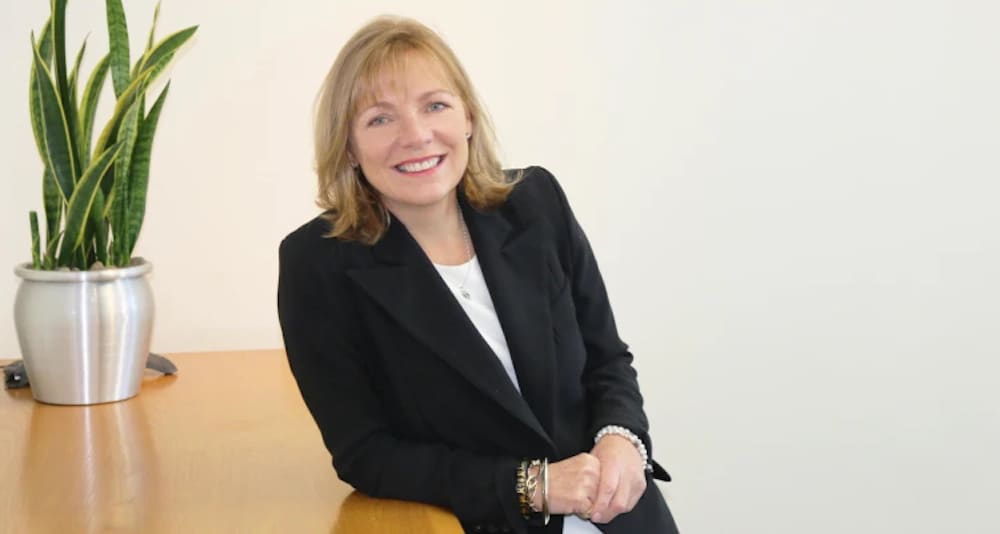
Two companies in the NZ Health Group have a mental health focus, Gagan says, so MIQ residents had access to clinical psychologists.
“And we partnered with a fabulous group of general practitioners, so just about any referral, we managed that.”
As the wave of hospitalisations didn’t eventuate, the DHBs took over staffing MIQs. But Gagan says MIQ was a massive task. And it came on top of what was already a hugely stressful job - trying to keep a big group going providing a variety of main home-based care and community disability supports for 30,000 New Zealanders a year - in a scary pandemic when people were being warned not to mix with other people; in fact most were forbidden from doing so.
Taking its toll
Earlier this year, Gagan told the board of directors at NZ Heath Group she was resigning as chief executive, although she’ll stay on with the company as chair. She leaves at the end of the year.
She says it’s not just the stresses of MIQs. Covid-related staff resignations, lack of funding from Government to pay nurses and support workers what they deserve, and the ramifications of the vaccine mandate have all contributed to huge stress and a sometimes relentless workload.

Like Ashley Bloomfield, who resigned as Director General of Health in April and left in July, 12 months before the end of his contract, Gagan needs a break, a rest.
“I sort of feel I’ve played my part, defending New Zealand from Covid.”
Third generation nurse
Jo Gagan was born in the UK and trained as a nurse, like her mother and grandmother before her. A connection between a Professor of Surgery Gagan worked with in Leeds and a counterpart in Auckland saw her move to New Zealand in 1987 where she set up the first acute pain service in the country and then ran the neurosurgical unit.
In 1994 she was shoulder tapped to be clinical services manager for Mercy Hospital in Auckland.
“When I got there, I was completely out of my depth. I wanted to leave and my boss at the time, said, ‘There's this postgraduate diploma in health management, and it's got MBA papers’, and that’s where I met [recruitment specialist] Roger Lampen.”
The two of them set up what became Geneva Health International – a medical recruitment company that later expanded into the UK, Australia, the Middle East and North America.
(Geneva? “A friend came up with the name. We were neutral, like the Swiss.”)
In 2004, another opportunity presented itself.
“I was reading a lot about ‘hospitals without walls’ and ‘healthcare heading home’ and I said to Roger, ‘I think we need to move into home care’. So we bought a small home care business, I can't remember the name of it, and it just grew from there.
“We still supply the DHBs with temporary staffing and support with overseas recruitment, but these days that’s a very small part of what’s an enormous $750 million business now.”
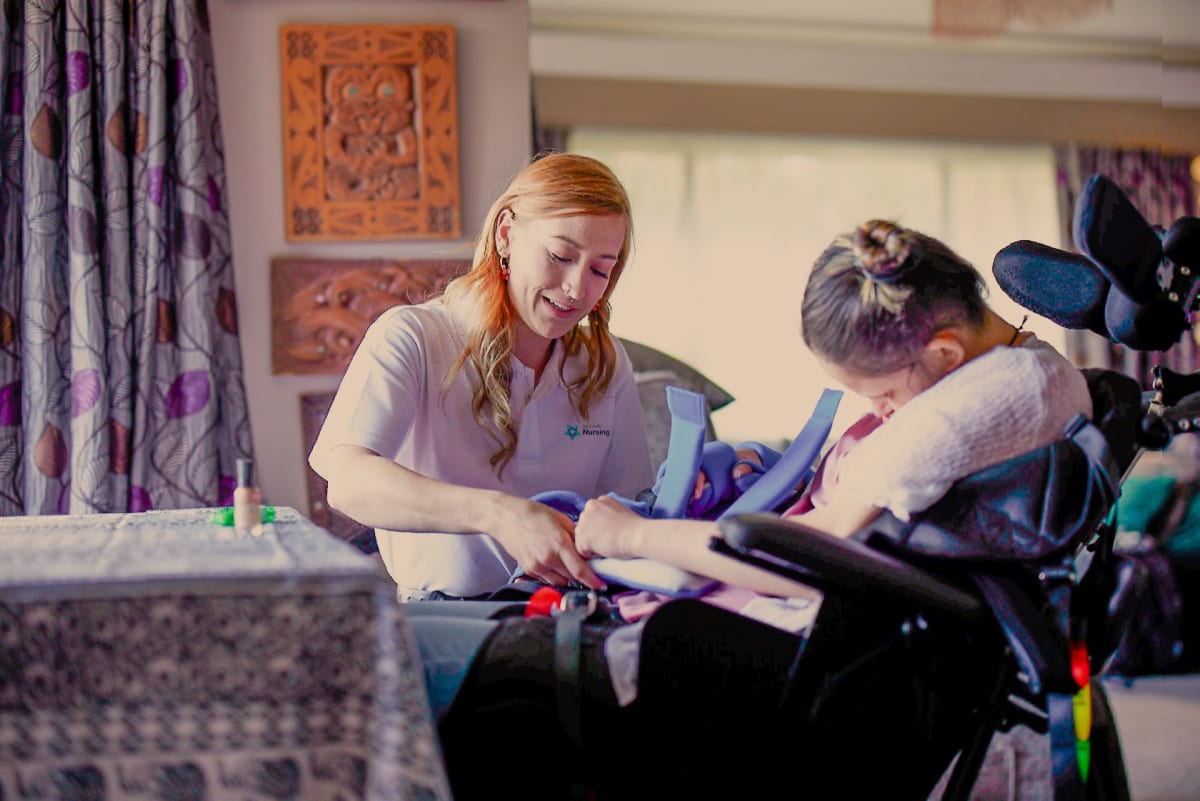
In 2018, Lampen wanted to exit the business, so they sold the company to Healthcare New Zealand; nine months later Gagan was lured back as combined group chief executive.
Even at that time, she says finding staff was tough. The workforce was ageing, and the district health boards were increasingly looking for more people to be cared for from home.
When Covid hit, that persistent difficulty became a crisis.
A staffing crisis
New Zealand Health Group is an umbrella company for 10 businesses in the health space, from home support services to medical recruitment, from temp nurses and healthcare assistants to medical alarm services, from healthcare professional development to corporate wellbeing.
Of the company’s 11,000 staff, 1000 are nurses, 8500 are support workers, and the other 1500 a mixture of other health professionals and management. The company provides 10 million hours of care a year.
A big proportion of the workforce have salaries paid from Government coffers; they are predominantly female, many middle aged or older, and chronically underpaid for years.
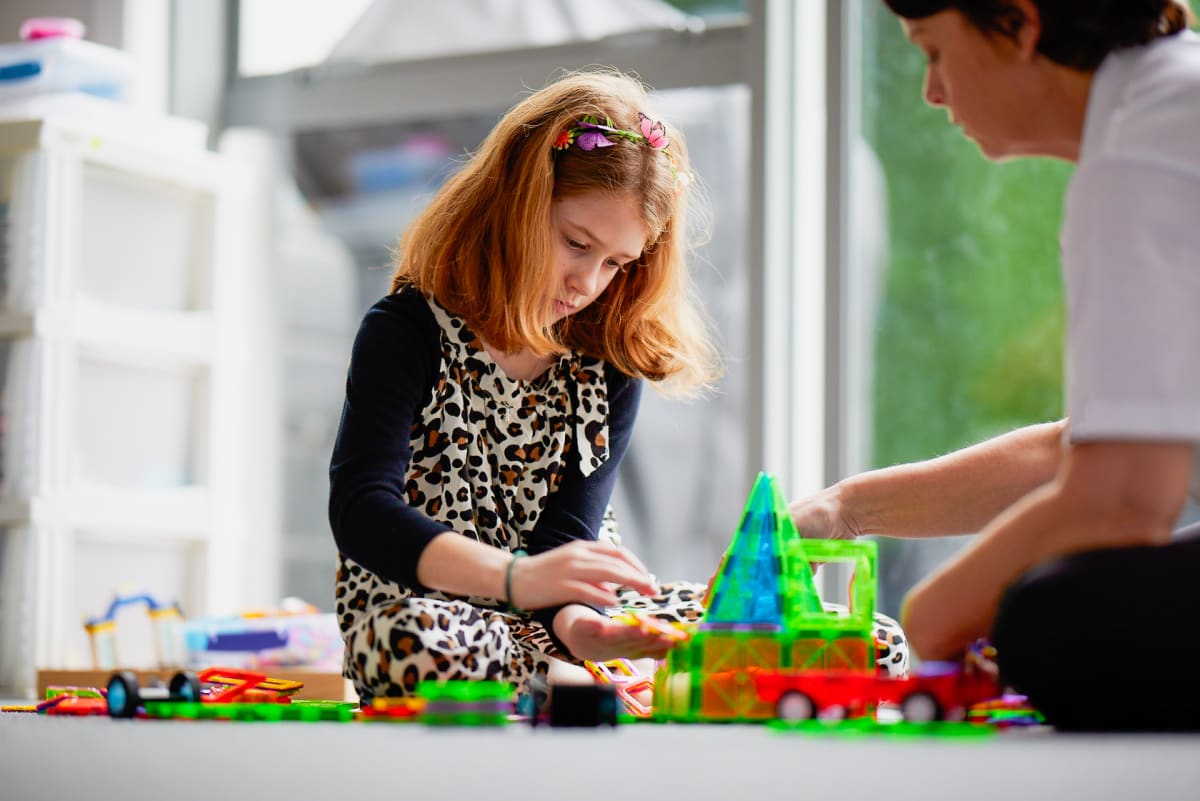
Staffing was an issue way before the pandemic struck. But once going into someone else’s house was a potentially life-threatening exercise, everything got much worse. Almost 450 of Gagan’s healthcare support team quit almost immediately.
“People were frightened, some were immuno-compromised, or had family who were; some were older workers – in their 60s, 70s, even their 80s, and everyone was saying the elderly were more at risk.
“All of a sudden, when we barely had enough of a workforce, we moved to an acute shortage.”
The vaccine mandate
A little more than 18 months later, when the Government introduced a vaccine mandate for health and disability staff, another 450 staffers were suddenly wiped from NZ Health Group’s carer workforce.
But the workload remained the same, Gagan says.
“The vaccine mandate just about killed me, like literally, and we are still losing people. We’re up to 570 people that we’ve lost, including people who won’t have the booster.”
Working with the Ministry of Social Development to identify and retrain workers displaced because of Covid – hospitality staff, and cleaners, and people in shuttered tourism businesses, for example – has brought new people into homecare support. But from the time the mandate was announced towards the end of 2021, Gagan knew the risk from hundreds of unvaccinated staff all leaving the job at the same time meant potentially leaving thousands of clients with no one to look after them.
“It was a really awful time, trying to get an extended timeframe because it was just like a drop-dead date, and we had to get through 11,000 people [clients accessing care]. We were faced with having to send thousands of clients into hospital because you know, people were going to die if we lost that many support workers all at once.
“We had to prioritise all our clients into red, amber, green, according to what care they needed. We had to work with other providers, but they were all in the same boat, just on a smaller scale.”
It was incredibly stressful.
Not 'just a cleaner'
And that wasn’t the first time during the pandemic Gagan and her team had been faced with making tough choices about who got care and what care they got, she says.
Under Level 4 lockdown, home care providers were told to cease 'home management' services.
For officials, it seemed like a great idea for reducing the risk of support workers spreading Covid as they moved between households. People could surely go without a cleaner for a few weeks, couldn’t they?
But support workers knew for some of the most vulnerable people they worked with, this was taking away a lifeline.
“It might look like someone’s just getting their home cleaned once or twice a week,” Gagan says. “But if they’ve got dementia then that input is much more than just cleaning. It’s the interaction, it might be companionship, loneliness, it might be a bit of shopping, some meal preparation, an array of tasks they can do to keep that person as well and independent as they possibly can be.”
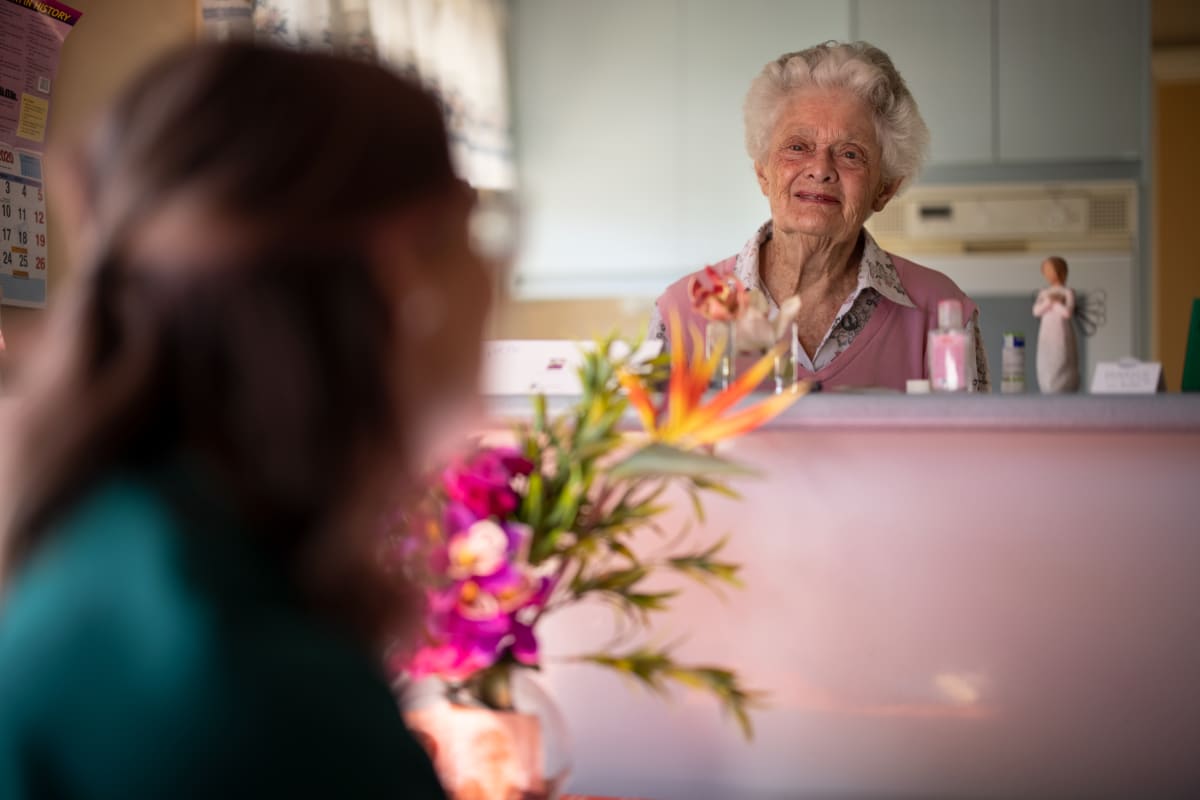
Removing this support from some people was a disaster waiting to happen, she says.
So the company, and it’s employees, refused to follow the rules. Instead they embarked on what seemed like an almost impossible task.
“We didn’t do what they told us to do. We went through a process and individually assessed every single person – 30,000 of our clients. We worked for months on end, 17 hours a day, seven days a week trying to do all that.”
And that takes its toll.
An urgent task ahead
Gagan will leave the chief executive job at the end of the year, moving instead into the chair role. But she’s not planning a cruisy exit. No long lunches.
Her task over the next few months, she says, is to try to persuade the newly-established national health bodies Te Whatu Ora (Health New Zealand) and Te Aka Whai Ora (the Māori Health Authority) that a major overhaul of the homecare sector is timely, critical – and urgent.
“While the health reforms are new, there is this tremendous opportunity to really simplify the system, to make it easier for people who have to access the system, to navigate it.
“And that's not necessarily just a matter of throwing more money at it.” It’s about redistributing the money already there so it achieves better outcomes, for clients and staff.
“I think there's a recognition the current system is broken in our sector. It's overly complex and not driven by the needs of the population and the outcomes we're trying to achieve. Because the DHBs have historically operated very differently in terms of what they contract out and what they deliver internally, we are left with hundreds of different contracts.”
‘Long term chronic condition’ or ‘advanced personal care’ contract or ‘home management’ are different labels for what might basically be the same care, Gagan says.
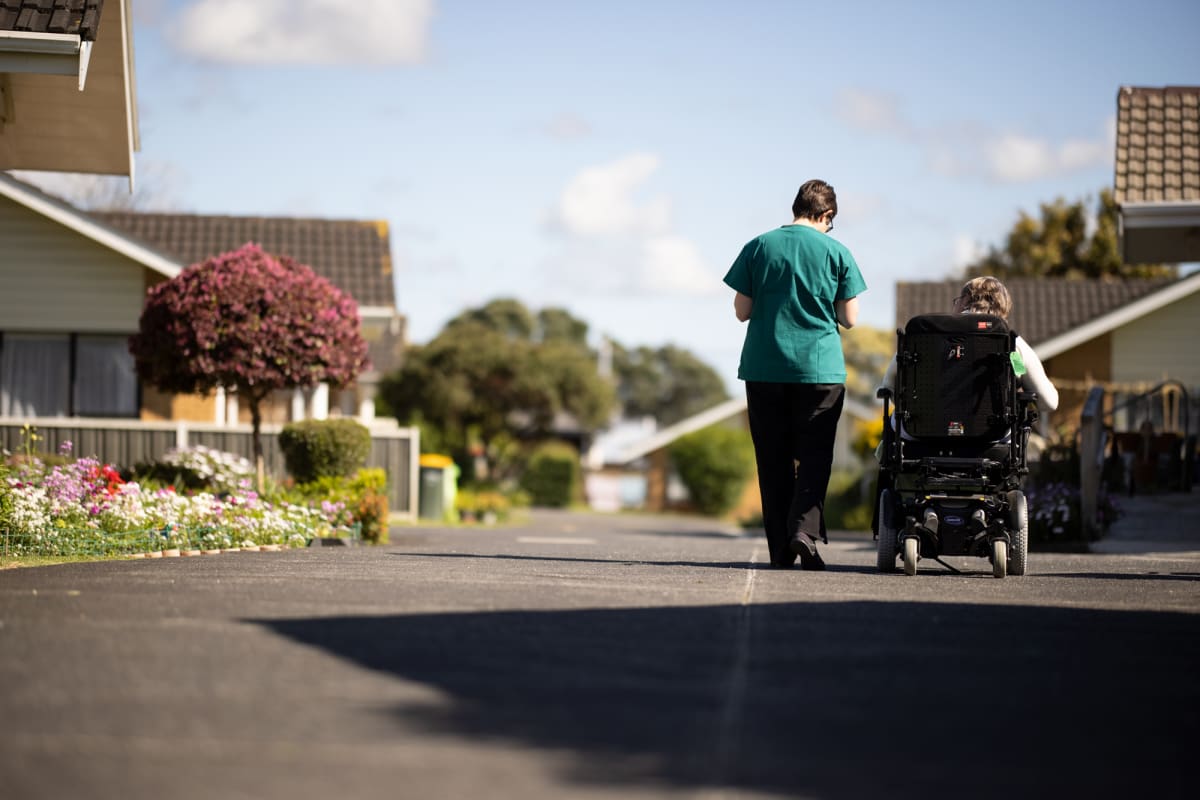
“Behind all of those contracts are people sending out RFPs [requests for proposal, basically tender documents] and assessing whether you're going to get the contract, and renegotiating the rates. So there are enormous administrative and procurement costs and those could be redistributed into delivering services to the people that need them, and rewarding the workforce.”
Since the two new health bodies came into being, Gagan has been pushing for a meeting with their chief executives Fepulea'i Margie Apa and Riana Manuel.
So far they haven't been prepared to meet with her, although she has presented to officials.
“They told us they were working on service models, so I reached out to them and said 'Look, we've got these ideas.' I mean, we've had them for years.
“We're saying everything should be put into an integrated national home and community support contract with standardisation that could be applied. And they said they were very interested, though saying you're interested and actually implementing the ideas – and quickly – is an enormous bureaucratic challenge when the Ministry of Health, like the DHBs, are highly bureaucratic, generally risk averse, and slow to make decisions.”
There’s also been a major focus from the Government on acute and other hospital care, although that might be changing under the new model, Gagan says. Then there’s the spectre of a Big Bad Corporate with money-grabbing motives lurking behind the offers of help.
“I think that there is a perception that we are a private company and we're just wanting to make money from the public system, and I'm not sure we have done a good enough job about articulating the value that we could we do and could provide.”
Would you do the job?
I ask Gagan what she would say if someone from Government contacted her tomorrow and asked her to lead implementation of an integrated national home and community support model for the new health agencies.
And I expect her to laugh and shake her head, but she doesn’t. Instead there’s a long pause and a thoughtful ‘um’, and ‘I’m not sure’, and I realise she’s been thinking about it, whether she’s been asked or not.
“I mean. My answer is no, at this stage, because, you know, I'm not good at slow, I'm used to making decisions like that.” And Gagan clicks her fingers. “I’m not sure I could cope with the slowness of the decision making.
“But there’s something in me that would never rule out doing something more altruistic for a Government-funded agency. I’ve still got that aspiration to make a difference.”







